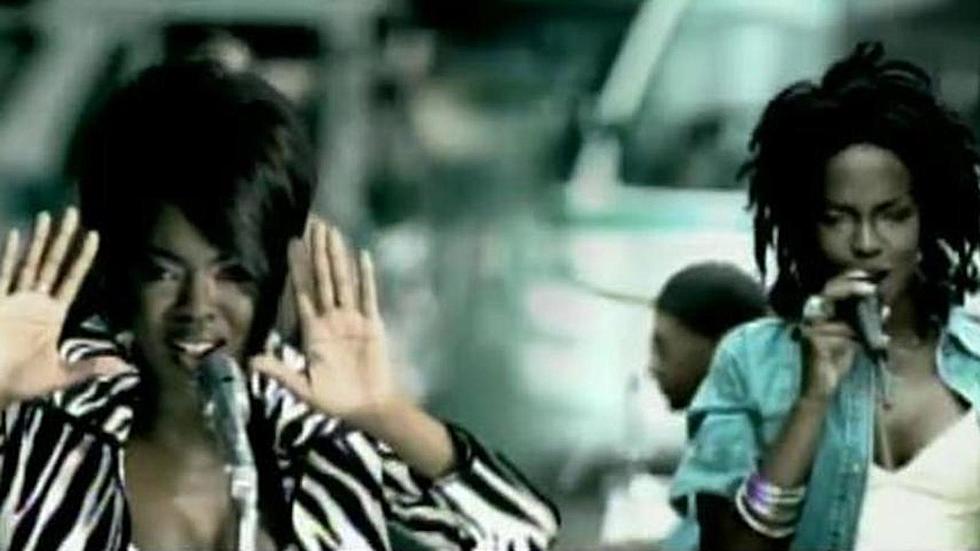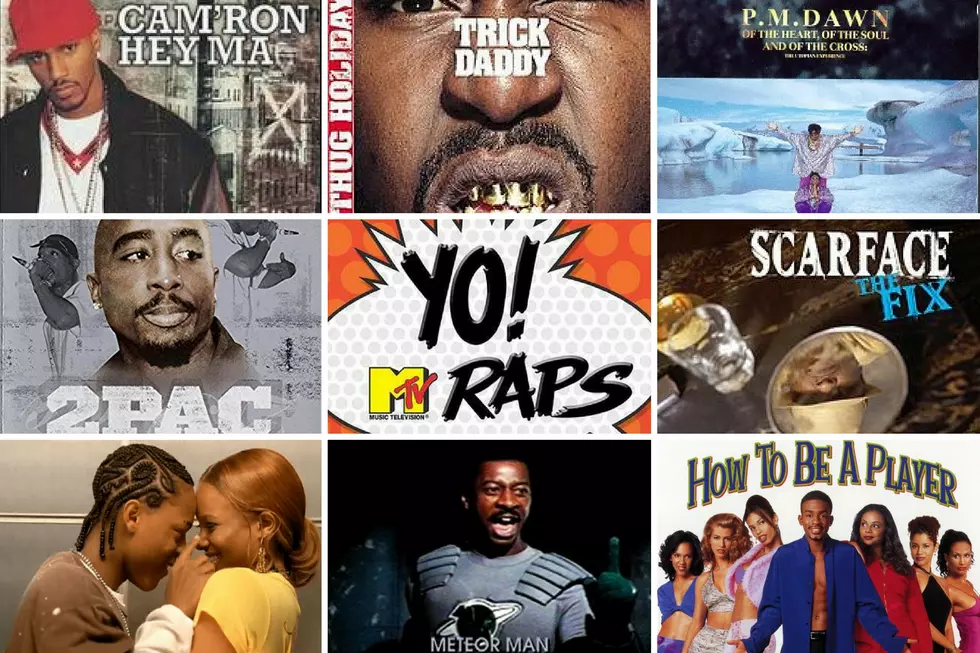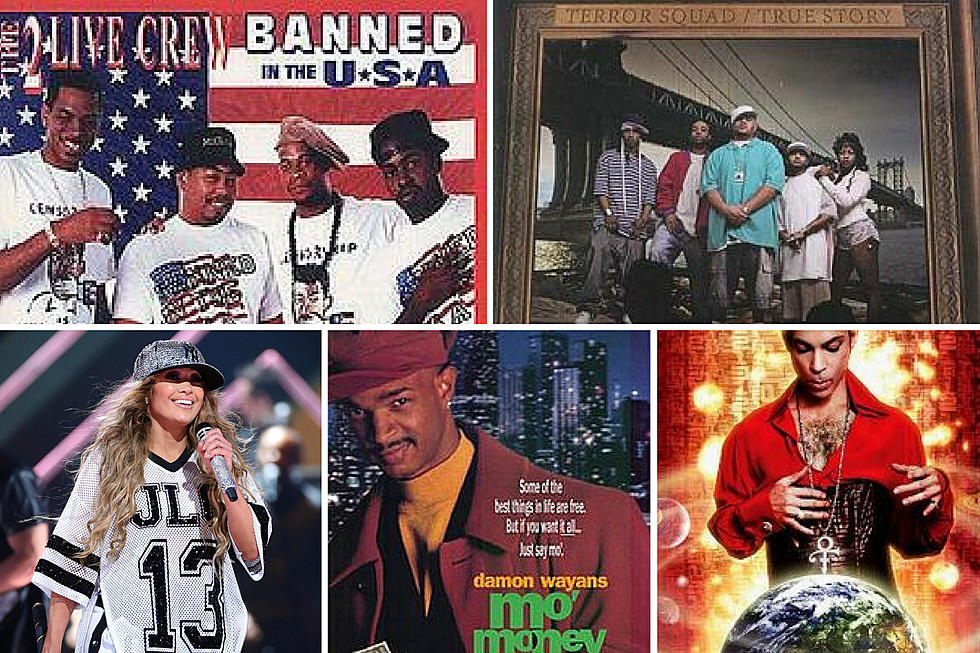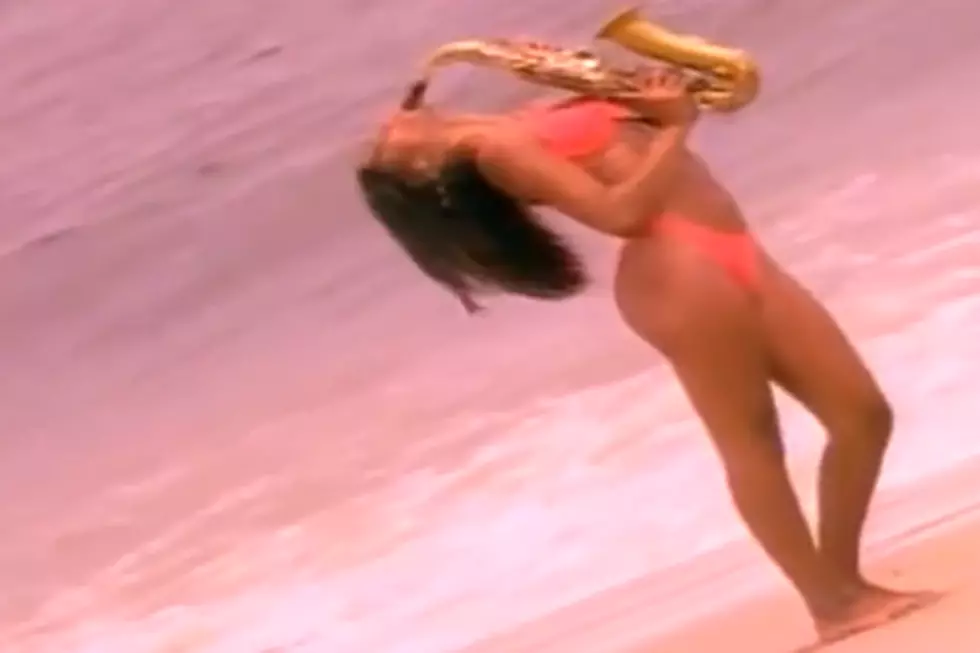![Luther ‘Uncle Luke’ Campbell Talks Hip-Hop and Sexuality at Dillard University in New Orleans [EXCLUSIVE]](http://townsquare.media/site/625/files/2014/09/Luke1-630x420.jpg?w=980&q=75)
Luther ‘Uncle Luke’ Campbell Talks Hip-Hop and Sexuality at Dillard University in New Orleans [EXCLUSIVE]
On the evening of Sept. 25, Dillard University in New Orleans hosted an open lecture by the infamous and always controversial Luther “Uncle Luke” Campbell. The talk, moderated by the HBCU’s President Walter Kimbrough, was one of the opening events in a Philosophy course he's teaching this semester called “I Cram to Understand: Hip-Hop, Sex, Gender and Ethical Behavior." The course looks at -- among other things -- the sexual revolution within hip-hop and how America has celebrated and demonized the music throughout the years.
While the class itself is being taught by Kimbrough (a.k.a. the “Hip-Hop President,” a frequent commentator on MSNBC) and MC Lyte, Uncle Luke seemed to be an apt choice for a talk revolving around censorship in music, as well as the evolution of the genre. Pioneers of hip-hop raunch, his history with 2 Live Crew involves overtly sexual images and lyrics but also messages about the world around him that made mainstream audiences uncomfortable.
“We pretty much created that parental advisory sticker,” said Campbell during the discussion. “But 2 Live Crew was the first socially conscious hip-hop -- before Common, before all of them.” When asked to elaborate, he tells The Boombox: “On our first album, there was a song called 'Beat Box.' And on the other side of the 12-inch there was one called 'Revelation.' Listen to it -- you’ll be totally amazed. Yuri Vielot, Mister Mixx and Fresh Kid Ice -- that was the original group. And Vielot didn’t want anything to do with sexually-oriented music so he got out of the group because it was outside of what he wanted to do.”
Campbell told the students stories about how attacks on his music began to become attacks on hip-hop in general, veiled by racial tension. “Look at Playboy. Why is what [Hugh] Heffner and [Larry] Flynt are doing OK and what I’m doing on records is not?” he asked.
Descriptions of his multi-city stints in jail due to the content of his music urged students in the audience to reflect on artists' rights and ethics in the entertainment industry -- a motif in the Philosophy course. Kimbrough took questions for Campbell from the audience through Twitter. One student asked about the inevitable: the state of hip-hop today.
And Luke answered with the inevitable criticism of mundane beats and lack of originality. The conversation quickly transitioned, though, into the power of what these young artists can do with their influence and how fans can use social media to make waves.
“Fans have the power to communicate with artists. They can wage a complaint through Twitter. Like, ‘Look I need you to come here and support something were doing in the neighborhood,'" Campbell shares.
His own focus has broadened from controversial music to matters of the the community after he ran for mayor of Miami in 2011. He admits that his own needs have changed as a person. “It came with age and more responsibility. I have a bigger voice. I can make some things happen community-wise. I’m a wise person. At the end of the day I can’t have a distraction stopping me from doing what I have to do socially,” he tells The Boombox.
While a generational chasm exists between many of the students in the Philosophy course (one giggled as she left the auditorium, “I told my mom I got a picture with Uncle Luke and she was so jealous!”), and Uncle Luke, his perspectives seemed to resonate. The class conversion about the plight of the artist, as well as the changing face of feminism, continues as a part of Kimbrough’s quest to foster the intellectual discourse that hip-hop provokes.
More From TheBoombox









